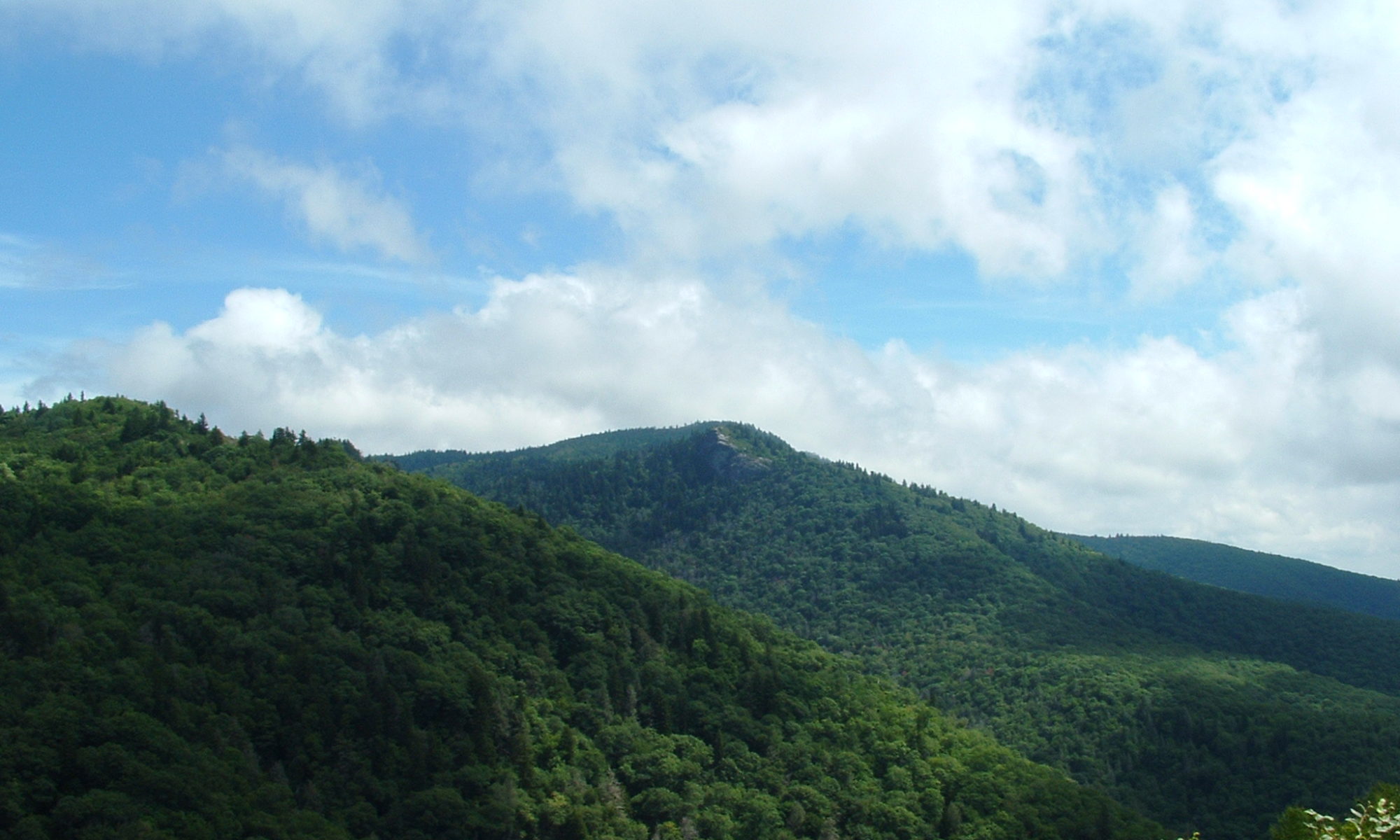I recently watched a clip of the TV show Moonshiners online. It made me laugh. Obviously fake, contrived, and completely developed for TV, I thought to myself, if only they could make a “real” moonshining reality show… This thought took me back to my early childhood, when I was involved in the liquor business at around the age of 6 or 7. My family’s involvement with the illicit liquor trade goes back into the 1800’s.
My paternal grandfather, always known to me as “PawPaw”, made liquor his whole life. Unfortunately, he drank about as much as he sold. My great-great uncles and great grandfather were notorious violent criminals who lived in the Warwoman community of Rabun County during the late 1800’s and first years of the twentieth century. While their other exploits will be discussed in a later story, those men also made more than their share of illegal booze. By the time PawPaw came of age, the Hopkins clan had taken their liquor making to a higher level.
Daddy and my uncles began helping PawPaw at the various stills from their earliest years, doing whatever they could to be useful. Still sites were extremely dangerous, especially for kids who were not paying attention. When he was about nine years old, Daddy fell in a box of hot mash and was burned so badly that he missed almost a whole year of school. Despite the dangers of injury and risk of prison, Daddy and a couple of my uncles began making moonshine on a large scale by the mid 1950’s. Many of their stills were near the family farm, which is located in the Bridge Creek community, at the headwaters of Stonewall Creek.
The Stonewall area is still a wild and now largely inaccessible area, but Daddy and I prowled the woods there during his last years looking at the remains of his old stills. I recorded short interviews with him at each old still site and plan to post some essays on this website as time goes on. On one such trip, we found a stash of his Mason jars that had been hidden there since the 1950’s. He had walked up on the still site as the revenuers were destroying, or “cutting” it. They were so noisy and distracted with the destruction of the still that they didn’t hear or see him walking up. He simply sat the case of jars behind a tree and walked away. Fifty years later the unbroken case of jars remained untouched.
Although Daddy pretty much left the moonshining business sometime during the mid-1960’s, for some reason he started dabbling in it again during the mid to late 70’s. We had several years in my rural county when work was slow, so each winter, Daddy ran off a little liquor on an old 28 gallon copper still. We had an old hand-cranked grain mill that had come with their farm when PawPaw bought it back in 1940, and Daddy paid me to grind corn into meal, sprout malt, dry it, and grind it each autumn. To make the malt I would take seed corn, lay each kernel side by side on a wet brown paper towel, fold it over and sit it in front of a south facing window to absorb the sunlight each day. Keeping the towels damp allowed the corn to sprout, and when they got almost an inch long, I removed them from the towels and let them dry out for a while. Then I would come home after school each day, grind the sprouted corn for malt, and grind regular corn for the mash. I had a nice little enterprise going for a couple of years. I had no idea what the corn was being ground for. I can’t remember how much he paid me for each batch I produced, but it kept me in G.I. Joe action figures and Hardy Boys books for some time.
Times are tough right now with all the economic upheaval from the pandemic. The old grinder still sits on the workbench in the basement. As for the still… it might or might not be around somewhere, and a man might have to take drastic measures to survive the next depression…





